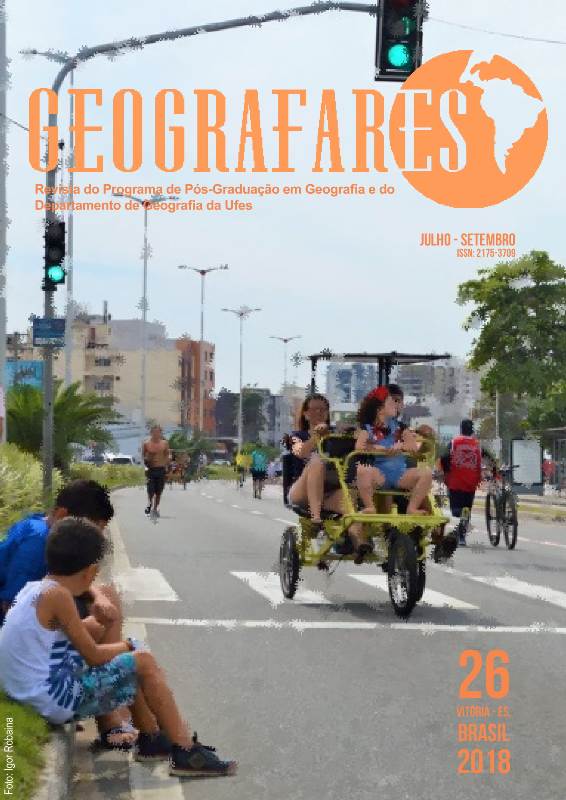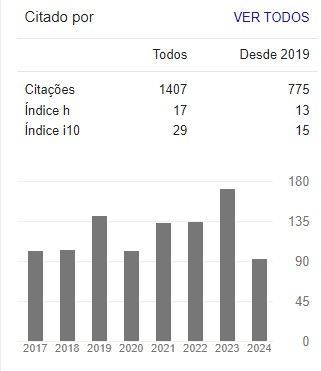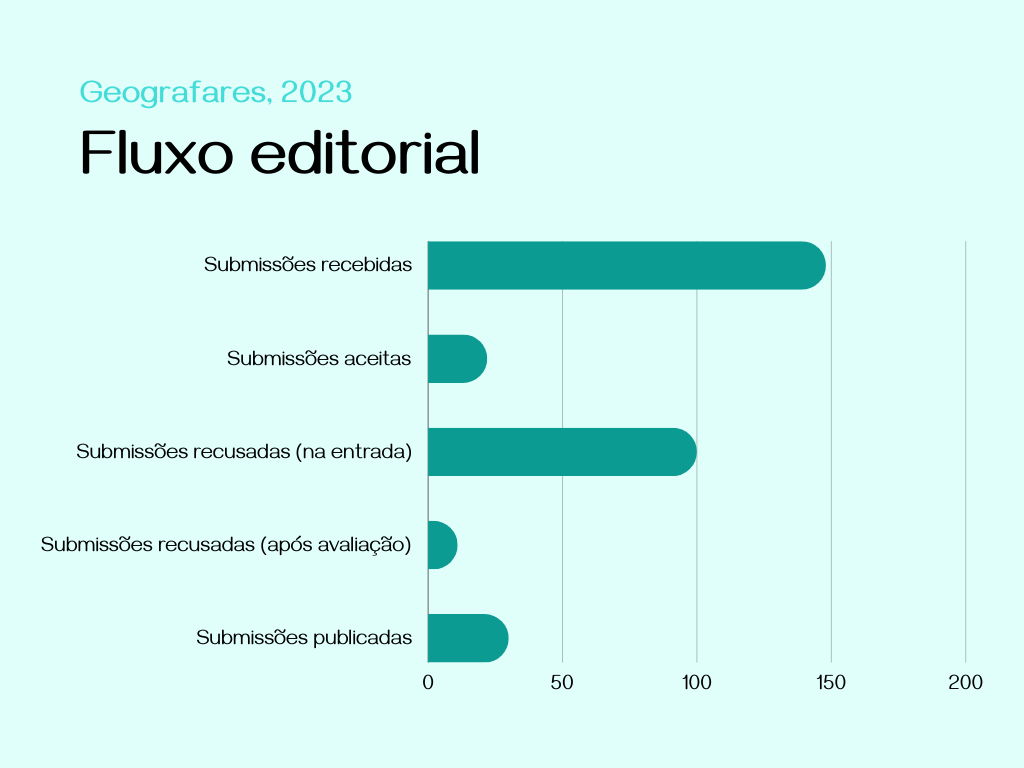Political space and democratic tension: the recent protests and the political power of the streets
DOI:
https://doi.org/10.7147/GEO26.21004Abstract
This paper aims to analyze the potential political power of the streets. The approach, in the light of contemporary political mobilizations, is the transformation of social everyday spaces into a resource for political action. This text analyzes the power of the streets based on the cycle of recent protests in Brazil, such as the Journeys of June 2013, as well as their political power and the connection between these arenas and the spaces of decision. It is assumed that certain political manifestations turn public places into open political spaces. In this sense, a brief discussion was made on the contemporary debate about the public space to delineate a distinction between the public space and the open political space in order to problematize the conditions by which spaces of sociability become spaces of conflict and action. Through an empirical survey, it is attempted to explain the tension between institutions and the streets, as well as their the political power. It will be noted that different political manifestations create types or subcategories of political spaces.
Keywords: Political space; Political power; Democratic tension.
Downloads
Downloads
Published
How to Cite
Issue
Section
License
Copyright (c) 2018 Geografares

This work is licensed under a Creative Commons Attribution 4.0 International License.
Copyrights Declaration
Authors who publish in the journal agree with the following terms:
- Authors will keep their copyrights and grant the journal the right to their first publishing, simultaneously licenced under Creative Commons Attribution License which allows sharing their work with authorship recognition and initial release through this journal.
- Authors may sign additional contracts separately diffusing a non-exclusively version of the paper published in this journal (i.g. publishing in institutional repository or as a book chapter), once citing the authorship and initial release through this journal.
- Authors are encouraged to publicize and diffuse their paper online, for example onto institutional repositories or on their personal websites.



























